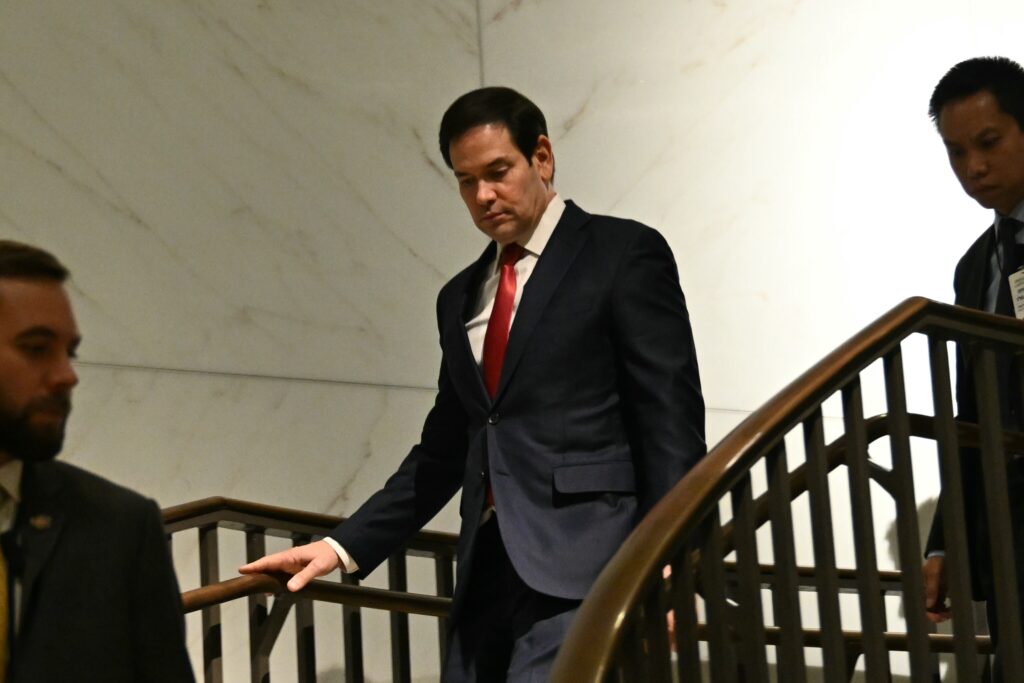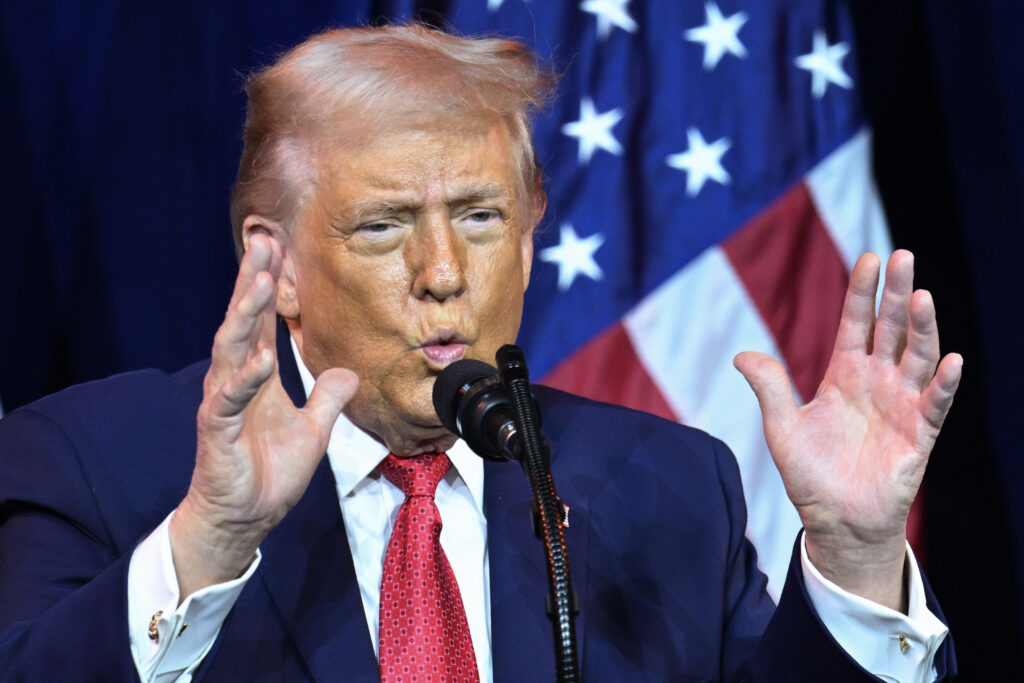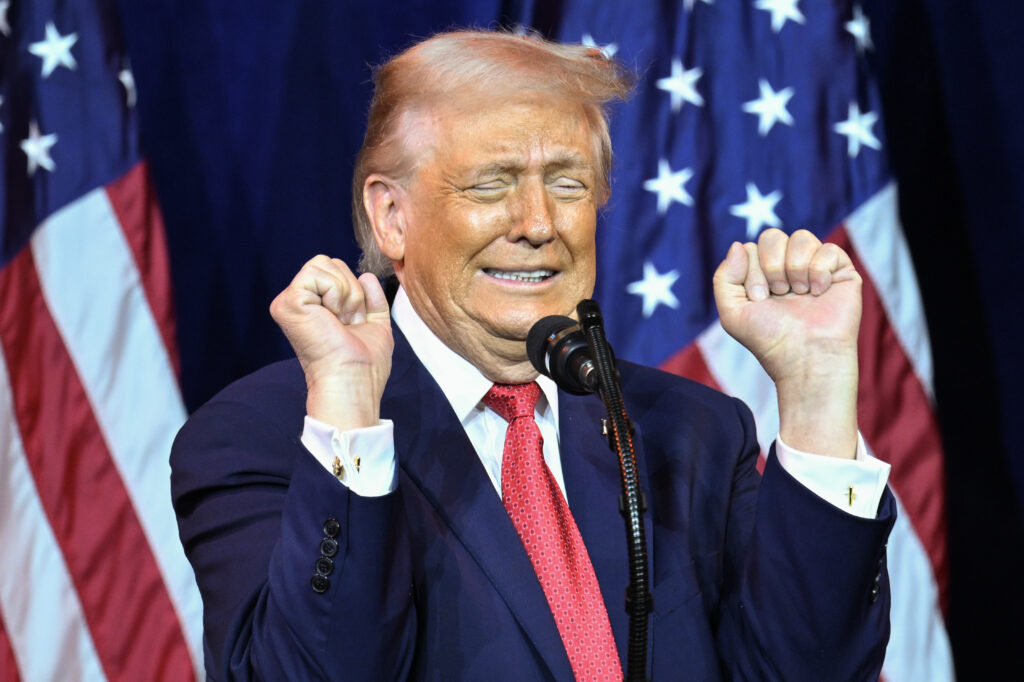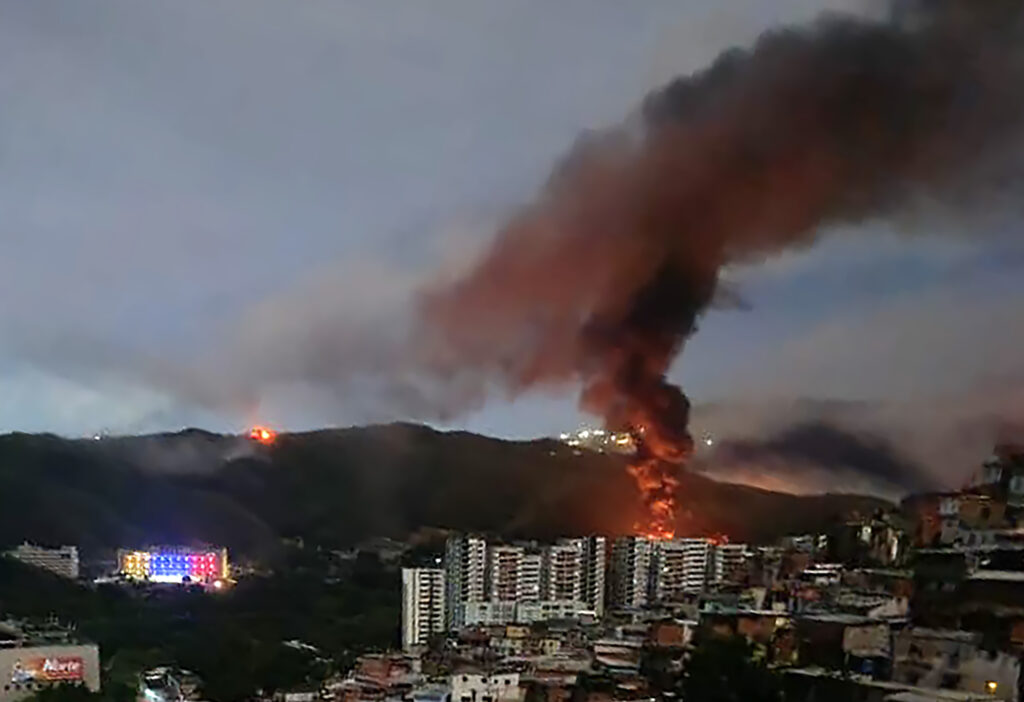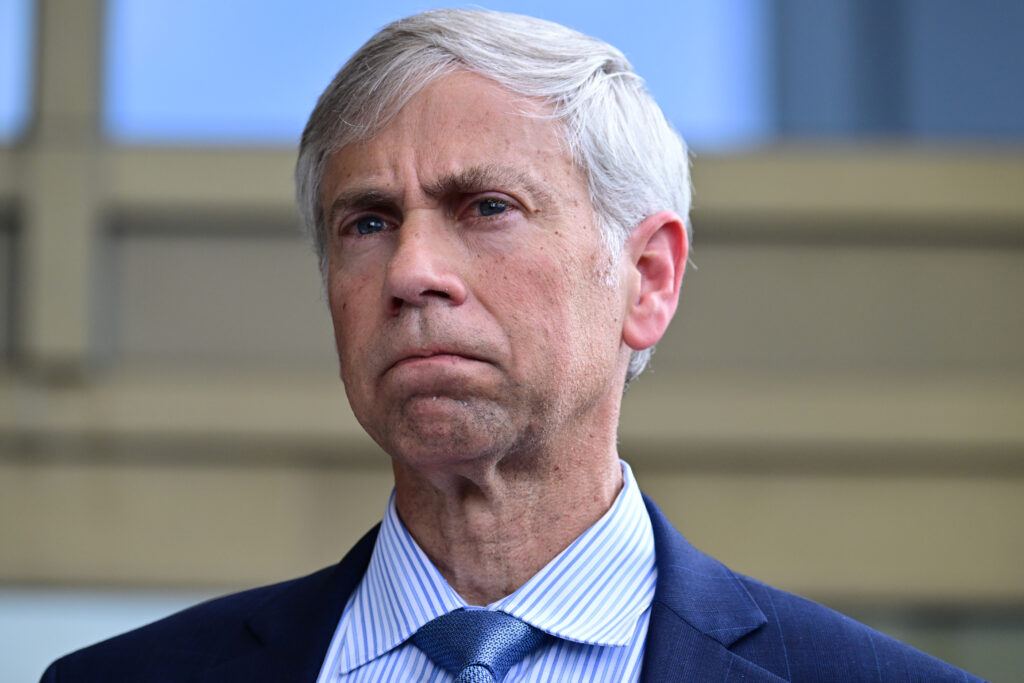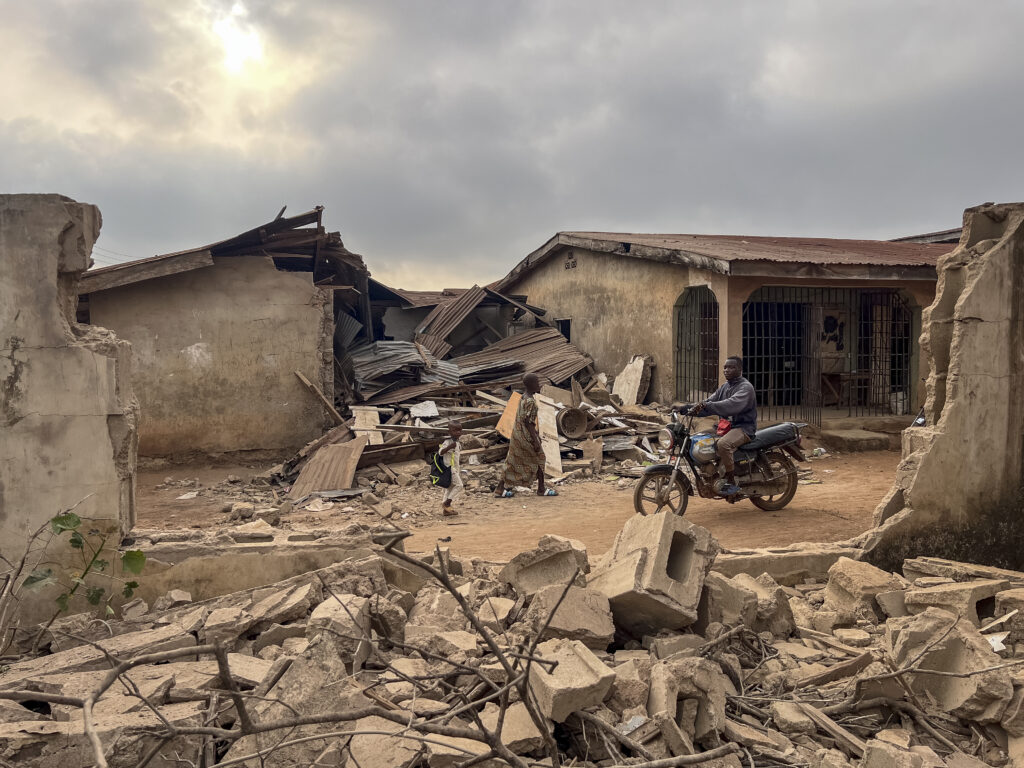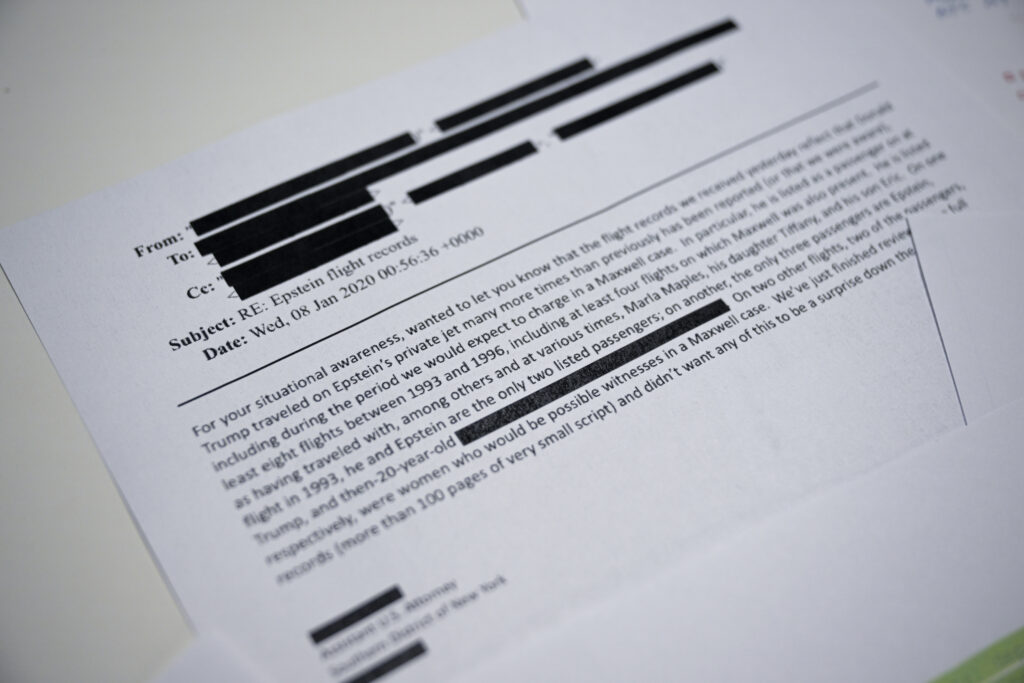Brown University mass shooter admits crimes in clip, DOJ says
The self-described “animal” behind a mass shooting at Brown University and the killing of an MIT professor admitted to the crimes in a video made after the spree but gave no motive, authorities said Tuesday.Gunman Claudio Neves Valente killed two people and wounded nine at the Ivy League school before also killing a professor at the Massachusetts Institute of Technology, with whom he had previously studied, two days later.The US Department of Justice (DOJ) said that while searching a storage unit to where Neves Valente apparently fled and later killed himself, they found a video of him admitting to the shootings.”I particularly like Trump’s shit, to have — have called me an animal, which is true. I am an animal and he is also, but uhm, I have no love — I have no hatred towards America,” he said according to the DOJ transcript translated from Portuguese.At the height of the days-long manhunt for the shooter, US President Donald Trump told reporters “hopefully, they’re going to catch this animal.”The gunman did not state a motive for the bloodshed but did complain about injuries sustained during the attacks — a shell casing he said struck him in the eye.Neves Valente carried out the college mass shooting on December 13 before heading to the home of renowned MIT professor Nuno Loureiro and killing him two days later.”Neves Valente admitted that he had been planning the Brown University shooting for a long time,” the DOJ said.”Although Neves Valente stated that Brown University was his intended target, based on initial review of the evidence collected, he did not provide a motive for targeting students at Brown University or the professor at MIT. (He) showed no remorse during the recordings.”The clips have not been publicly released.He blamed the two student victims from Brown — Ella Cook, vice president of the university’s Republican Party association, and Mukhammad Aziz Umurzokov, originally from Uzbekistan — for their deaths, according to the statement.”The only objective was to leave more or less on my terms,” Neves Valente said in the transcript in which he apparently claims to have had multiple opportunities to execute the mass shooting but “always chickened out.”The Justice Department said the investigation was ongoing and there was not believed to be any threat to the public.

